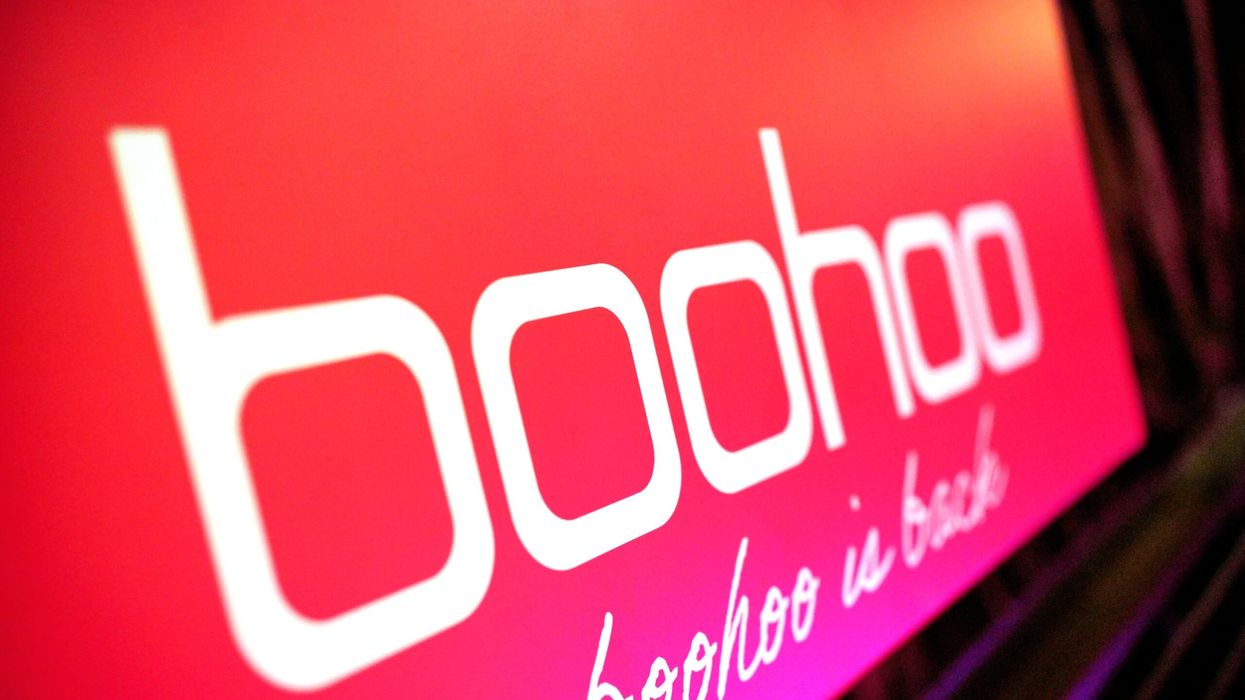BOOHOO has rebranded itself as Debenhams Group after sales from its young fashion brands, including Boohoo, MAN, and PrettyLittleThing, declined by 21 per cent to £947 million.
The move comes amid strong competition from Shein and a shift towards second-hand clothing among younger shoppers, The Guardian reported.
Dan Finley, Boohoo’s chief executive, said, “We lost our way,” and acknowledged that investments were diverted from marketing into infrastructure at a time of increasing competition.
He added that while a turnaround for its younger brands could take time, the company still sees potential in them.
Debenhams, which Boohoo acquired for £55m in 2021 after its collapse, has been transformed into an online department store.
Finley said, “Debenhams is back,” calling it a successful turnaround. The rebrand aligns with the company's strategy to use Debenhams' operating model to revive its other brands.
The company reported a 16 per cent revenue drop to £1.2 billion and expects adjusted underlying profits of about £40m.
It has cut £50m in costs, including job reductions, the closure of its US distribution centre, and writing off £40m in surplus stock.
Boohoo’s finance director, Phil Ellis, has been appointed as chief financial officer, replacing Stephen Morana.
The group’s portfolio remains under review, with potential label sales not ruled out. Boohoo’s shares, which have fallen by about 20 per cent this year, dropped 4 per cent on Tuesday.





